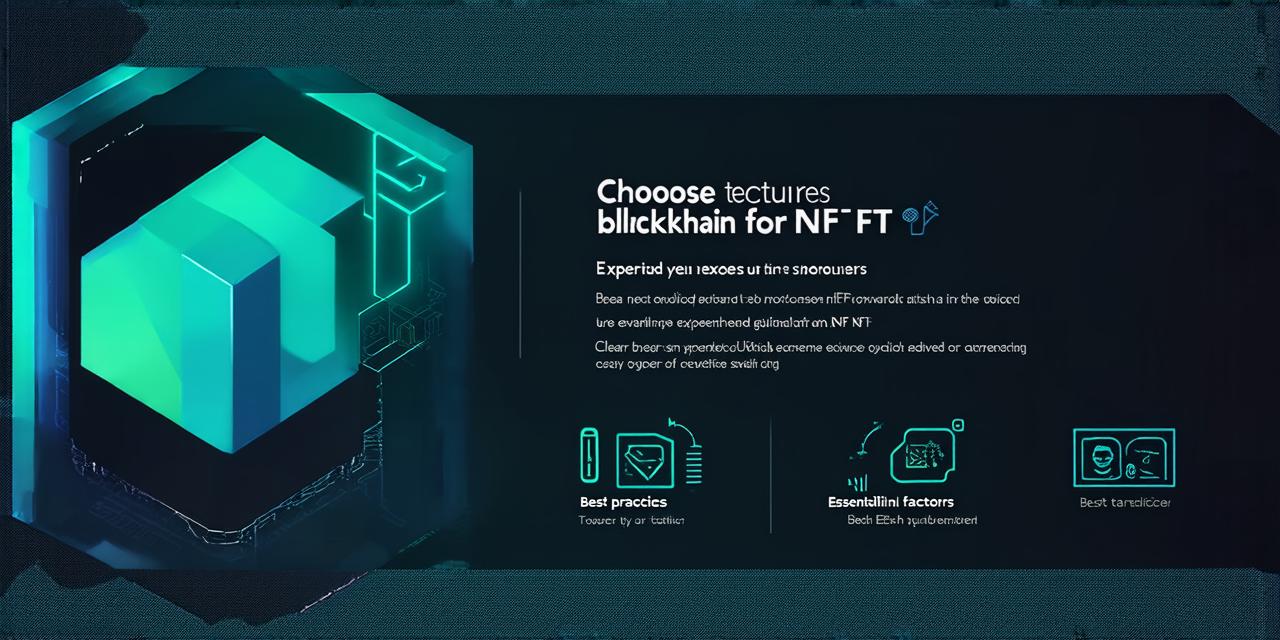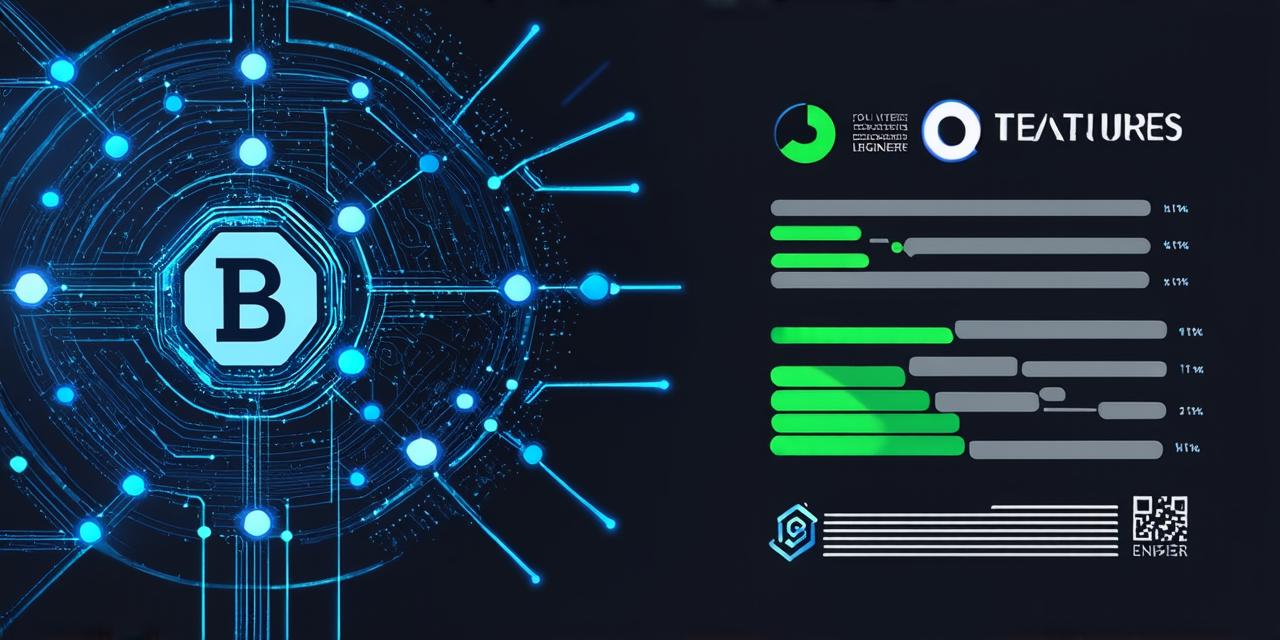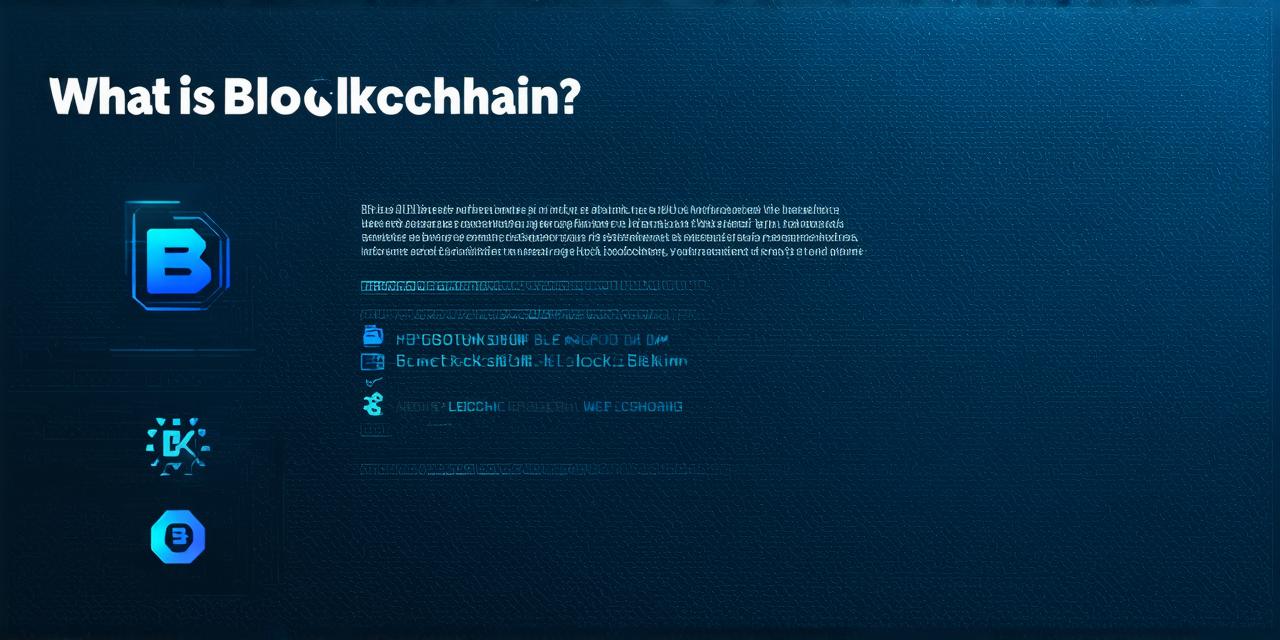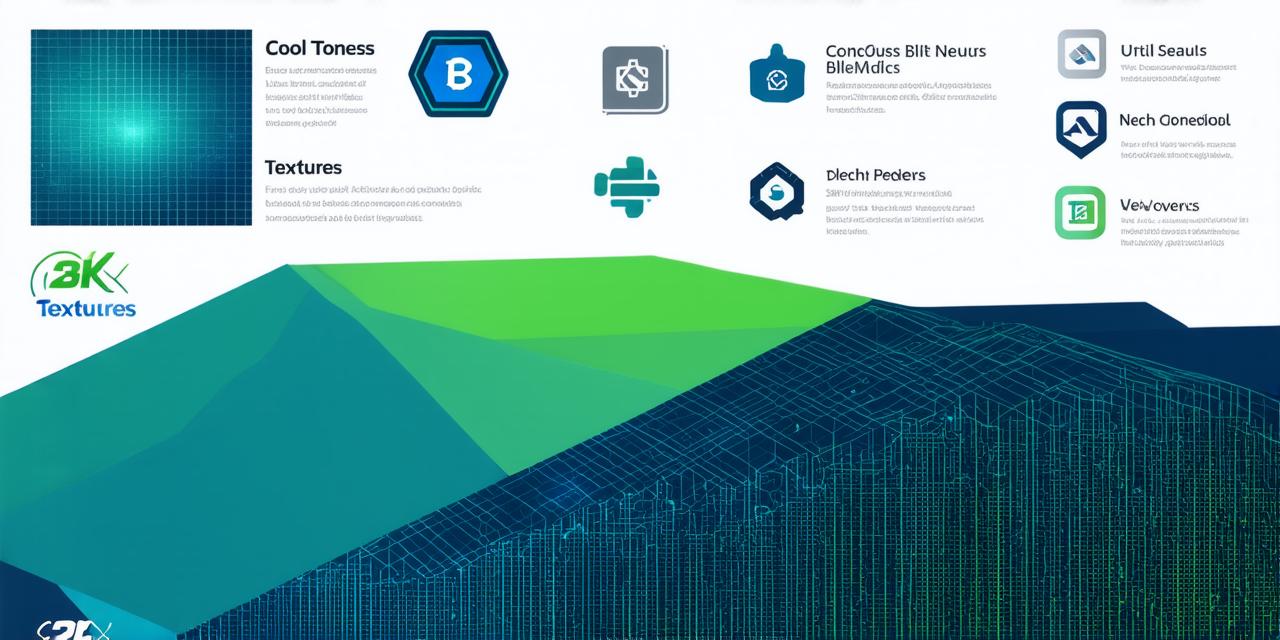1. Transaction Speed
One of the most critical factors to consider when selecting a blockchain for NFTs is transaction speed. NFTs require fast and reliable transactions, especially in cases where there are multiple buyers or sellers. Ethereum, being the first platform to support NFTs, has been popular due to its high throughput and low gas fees. However, its popularity has also led to slow transaction times during peak usage periods. Binance Smart Chain and Polygon have emerged as viable alternatives with faster transaction speeds and lower gas fees.
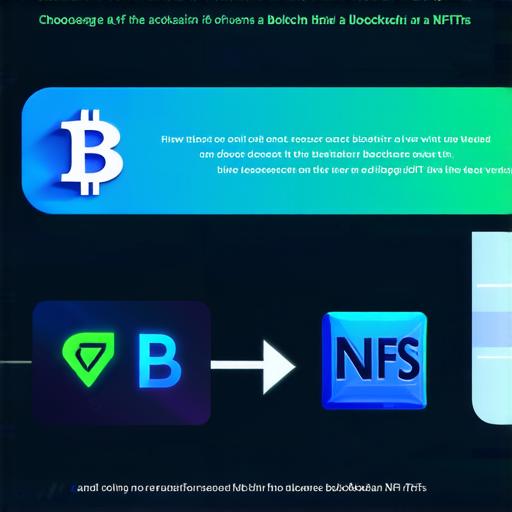
1. Gas Fees
Another important factor to consider is gas fees. Gas fees are the costs associated with executing transactions on a blockchain network, and they vary depending on the platform and network congestion. Ethereum’s gas fees can be relatively high, especially during times of network congestion. Binance Smart Chain and Polygon offer significantly lower gas fees, making them more cost-effective options for NFT creators.
1. Scalability
Scalability is an essential factor to consider when choosing a blockchain for NFTs. As the demand for NFTs grows, it’s crucial to ensure that your chosen platform can handle increased transaction volumes. Ethereum’s scalability has been a challenge in recent years, leading to high gas fees and slow transaction times. However, with the development of layer 2 solutions like Polygon and Optimism, Ethereum is becoming more scalable. Binance Smart Chain is also highly scalable, making it an attractive option for NFT creators.
1. Decentralization
Decentralization is a crucial aspect of blockchain technology that makes it secure and resistant to censorship. Each platform has its unique approach to decentralization, and it’s essential to consider which one aligns with your values as an NFT creator. Ethereum is highly decentralized, with no central authority controlling the network. Binance Smart Chain, on the other hand, is a permissioned blockchain that allows for more control over the network by its parent company. Polygon is a layer 2 solution that maintains the decentralization of Ethereum while providing faster transactions and lower gas fees.
1. Community Support
Choosing a blockchain platform with a strong community support can be beneficial for NFT creators. A supportive community can provide valuable resources, such as development tools and forums, to help you create and manage your NFTs more effectively. Ethereum has the largest and most active community of developers, making it an attractive option for NFT creators. However, Binance Smart Chain and Polygon also have growing communities, with a focus on building decentralized applications (dApps) on their platforms.
1. Regulatory Compliance
Regulatory compliance is an important consideration when choosing a blockchain for NFTs, especially if you plan to sell your NFTs in certain jurisdictions. Each platform has its unique approach to regulatory compliance, and it’s essential to consider which one aligns with your legal requirements. Ethereum is generally considered more compliant with regulations due to its decentralized nature, while Binance Smart Chain is a centralized blockchain that may be subject to stricter regulations in certain jurisdictions. Polygon, being a layer 2 solution, can provide regulatory flexibility while maintaining the decentralization of Ethereum.
FAQs
Q: Which platform has the lowest gas fees?
A: Binance Smart Chain and Polygon offer significantly lower gas fees compared to Ethereum.
Q: What is scalability in blockchain technology?
A: Scalability refers to a blockchain’s ability to handle increased transaction volumes without compromising on security or performance.
Q: How important is community support when choosing a blockchain platform for NFTs?
A: Community support can provide valuable resources and forums to help you create and manage your NFTs more effectively.
Q: What are the key factors to consider when choosing a blockchain for NFTs?
A: Key factors include transaction speed, gas fees, scalability, decentralization, community support, and regulatory compliance.
Conclusion
Choosing the right blockchain for NFTs is essential for creating a successful and efficient dApp. Each platform has its unique features, making it crucial to consider the key factors outlined in this guide when making your decision.
